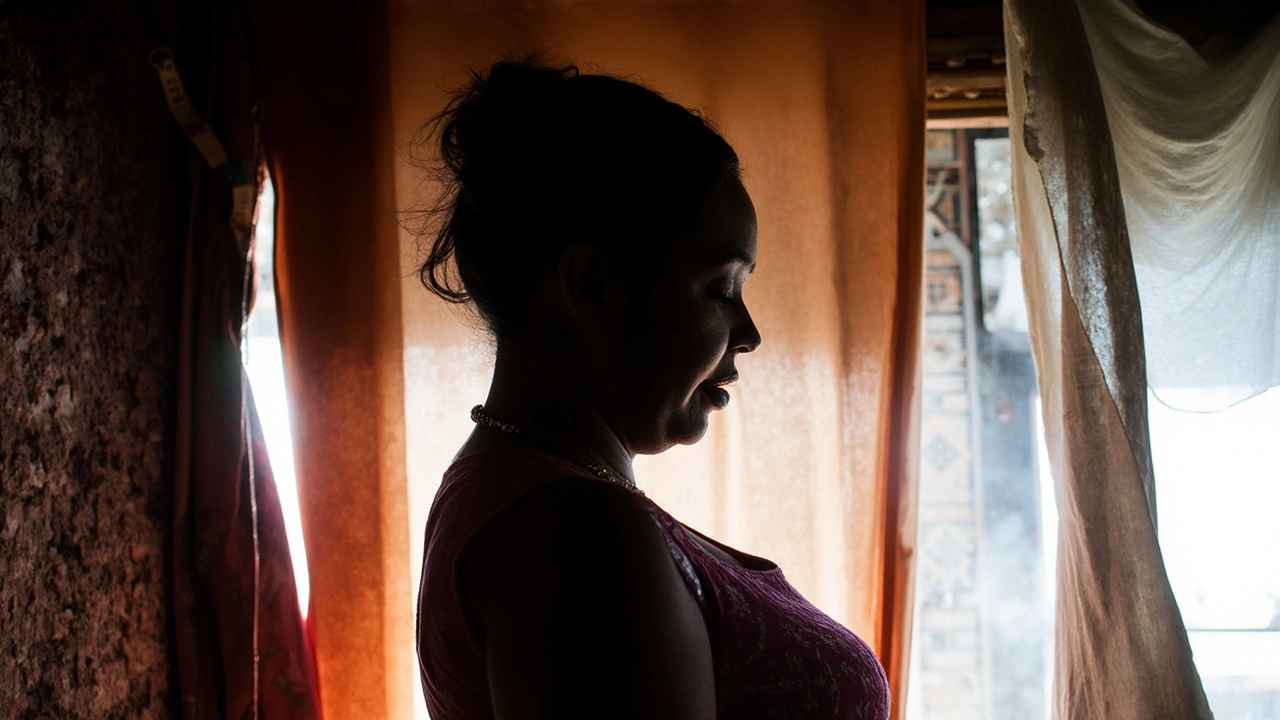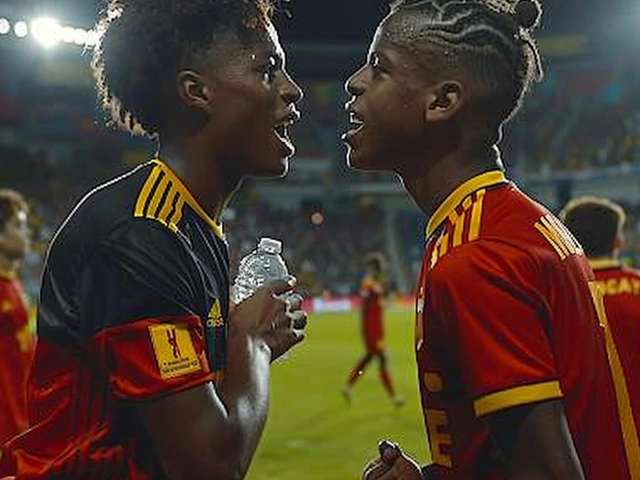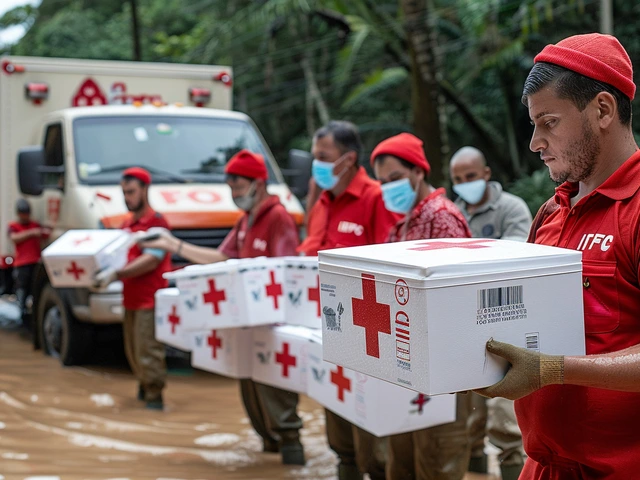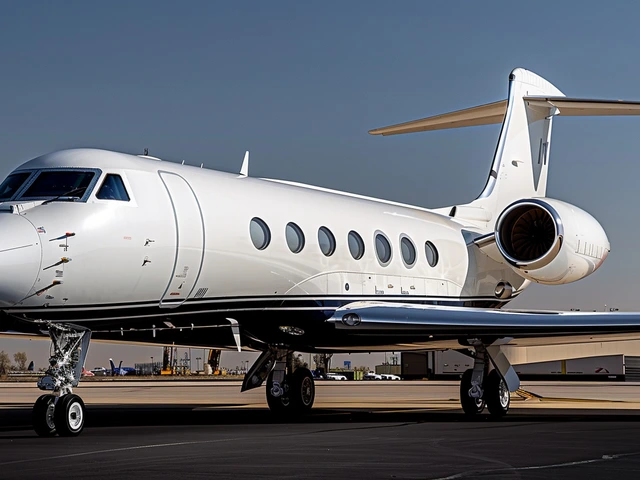UN Security Council: Latest News and What It Means for Africa
Whenever you hear about sanctions, peace talks, or conflict alerts, the UN Security Council is usually behind it. It’s the part of the United Nations that decides how the world reacts to wars, terrorism, and humanitarian crises. On this page we break down the council’s role, highlight recent decisions, and show why you should care – especially if you live in or follow African affairs.
How the Security Council Works
The council has 15 members. Five of them – the United States, United Kingdom, France, Russia, and China – are permanent and can veto any resolution. The other ten are elected for two‑year terms and rotate regularly. Every month the council meets to vote on drafts that can impose sanctions, authorize peacekeeping missions, or demand ceasefires.
What makes the council unique is its legal power. When a resolution passes, member states are expected to follow it, and the UN can even send troops or police to enforce peace. That’s why when a crisis erupts in Africa, you’ll often see the Security Council stepping in with a resolution or a mission.
Recent Decisions Shaping Africa
In the past few weeks the council has tackled several African issues. One resolution renewed the mandate for the UN‑MONUSCO mission in the Democratic Republic of Congo, extending its peacekeeping force by another year. The vote showed strong support for protecting civilians in the east, where armed groups keep displacing families.
Another hot topic was the sanctions package on Sudan’s military leaders after the recent coup attempt. The council adopted targeted asset freezes and travel bans, aiming to pressure the junta without hurting ordinary Sudanese citizens. Critics say the measures could be tighter, but the resolution is a clear signal that the UN is watching.
Finally, the council discussed a new climate‑security agenda that links extreme weather events to conflict risk. African nations like Kenya and Ethiopia urged the council to consider drought‑related migration in future peacekeeping mandates. While the proposal is still in draft form, it shows the council listening to African voices on emerging threats.
Why does all this matter to you? Council decisions can affect everything from foreign aid flow to the safety of your neighborhood. Sanctions may limit a country's ability to import goods, while peacekeeping missions can bring schools and hospitals back into operation. Staying up‑to‑date helps you understand the bigger picture behind the headlines you see on the ground.
Want to follow the council’s work in real time? Check the UN’s official website for live streams of meetings, read the daily press releases, and sign up for alerts from BassaNova News. We’ll translate the jargon into plain English, so you never miss a beat.
Next time you hear about a new resolution, think about the five permanent members, the ten rotating seats, and the real‑world impact on African countries. The UN Security Council might seem distant, but its choices shape peace, security, and development across the continent.




